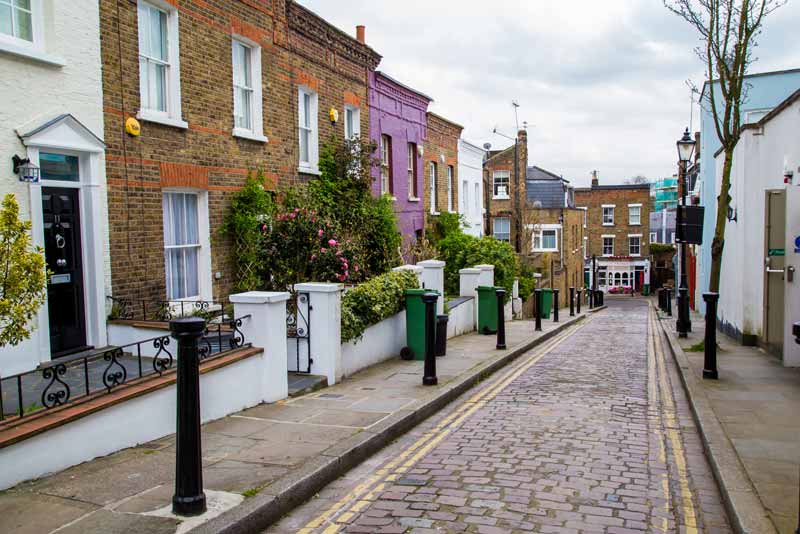29
June 2016
Brexit Effect on House Prices Uncertain as June Data Show Increased Growth
The latest Nationwide house price index has been released, showing the price growth was up in June, but since the figures reflect the final period before the referendum, the effect of Brexit remains unclear.
Average house prices in the UK grew by 5.1% in the year up to June, compared with 4.7% in May, following monthly growth on 0.2%. The average property in the UK now costs £204,968, by Nationwide’s estimate.
The only area in the UK where prices fell was the North of England, where a 1.1% quarterly drop brought the average house price down to £123,914. This meant that the North replaced Northern Ireland as the cheapest place to buy a property in the UK. Prices in Northern Ireland grew by 1.6% over the quarter.
Nationwide’s chief economist, Robert Gardner, said that this latest set of figures will be difficult to interpret in terms of a general trend, both because of the surge in activity in March making it “difficult to gauge the underlying pace of demand” and because of the effect referendum result being ultimately unclear.
“Ultimately,” Gardner said, “conditions in the housing market will be determined by conditions in the wider economy, especially the labour market.”
He continued: “It is too early to assess the impact of the referendum vote on the economy.”
While generally, low supply, with few new homes coming on to the market, coupled with a relatively robust labour market, is likely to continue to provide underlying support for growth in house prices across the country, it is in the capital where uncertainty really reigns at the moment.
Because, as Gardner reports, “landlords and overseas buyers play a larger role in the market [in London]”, it is difficult to predict price movement in the immediate future.
Gardner explained: “It is unclear how recent Stamp Duty changes and upcoming changes to tax deductibility of landlords’ expenses will affect investor demand in the years to come.
“Similarly, it is difficult to gauge how sentiment from overseas buyers will be impacted by increased economic uncertainty on the one hand and the sharp decline in sterling on the other (which, if sustained, reduces the cost of UK property in foreign currency terms).”
While the drop in sterling is likely to provide some attraction for foreign buyers in this sense, other underlying economic issues could deter investment and, furthermore, will work to reduce domestic demand.
Samuel Tombs at Pantheon Macroeconomics said: “Following the referendum, demand likely will weaken as unemployment begins to edge up and confidence falls. Meanwhile, banks soon will reflect the recent increase in funding costs in their mortgage rates. Prices in London look particularly vulnerable, given that job insecurity has increased in the City and banks will be thinking twice about high loan-to-income lending.”
Accordingly, estate agency Foxtons saw their share value fall by 25% as they issued a profit warning and said: “While it is too early to accurately predict how the London property sales market will respond, the upturn we were expecting during the second half of this year is now unlikely to materialise.”
The general feeling is that, given the multitude of factors pulling in different directions, it is more or less impossible to predict exactly which way the housing market will go in coming months, particularly in the capital.
Jonathan Hopper, director of Garrington Property Finders, said: “Unfortunately this data is about as much use in predicting the future course of the property market as sun-dappled photos of the summer of 1914. It’s a historical record of a lost age before Europe changed for ever. The referendum result has since plunged the property market into a ‘hard reset’, especially in the higher price brackets.
“While we can’t be sure how much things will slow, it’s inevitable that more nervous investors will sit on their hands while the opportunists circle. Prime central London, where most property purchases are discretionary, is the most exposed to such confidence-sapping doubts.”





